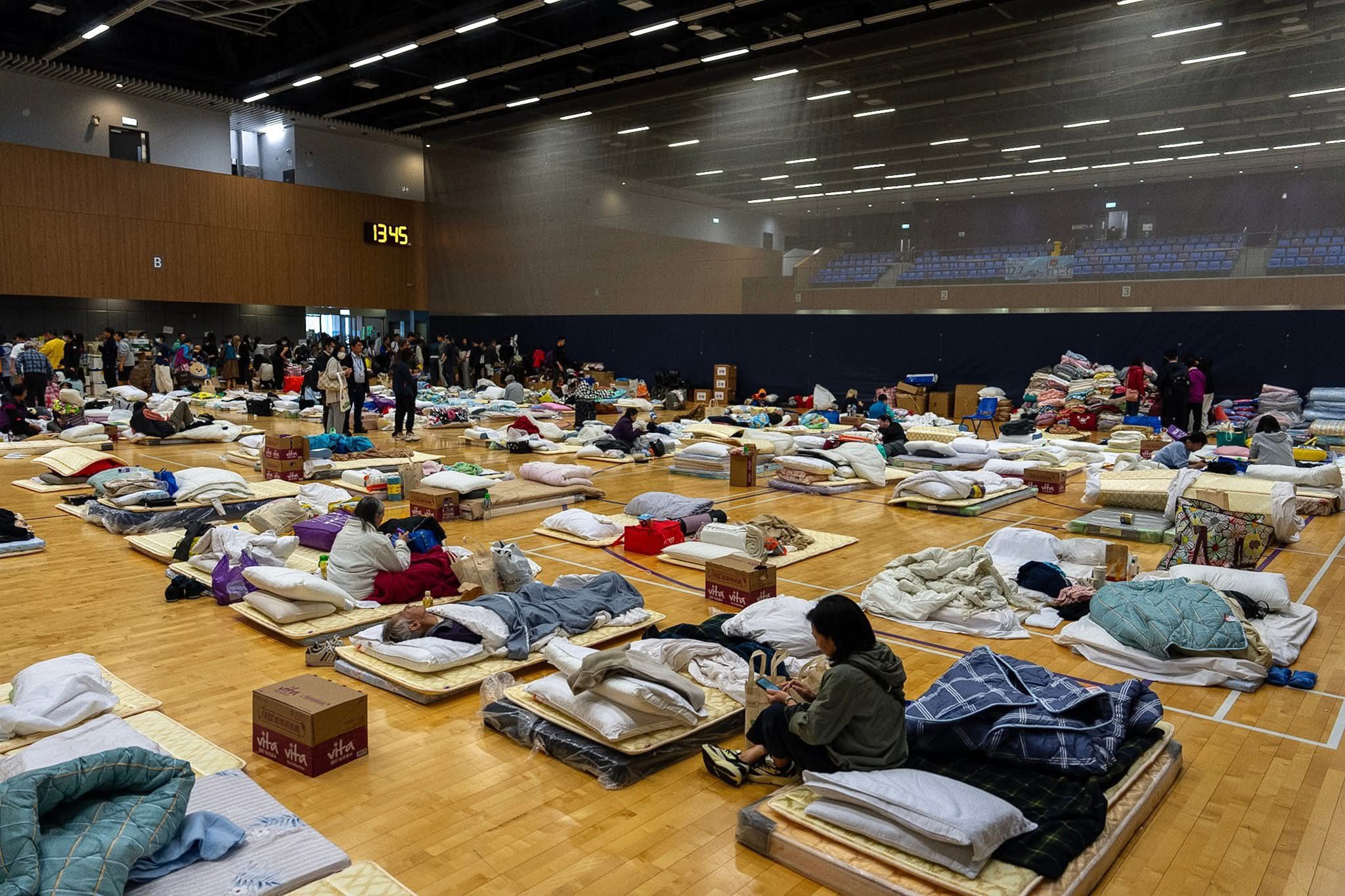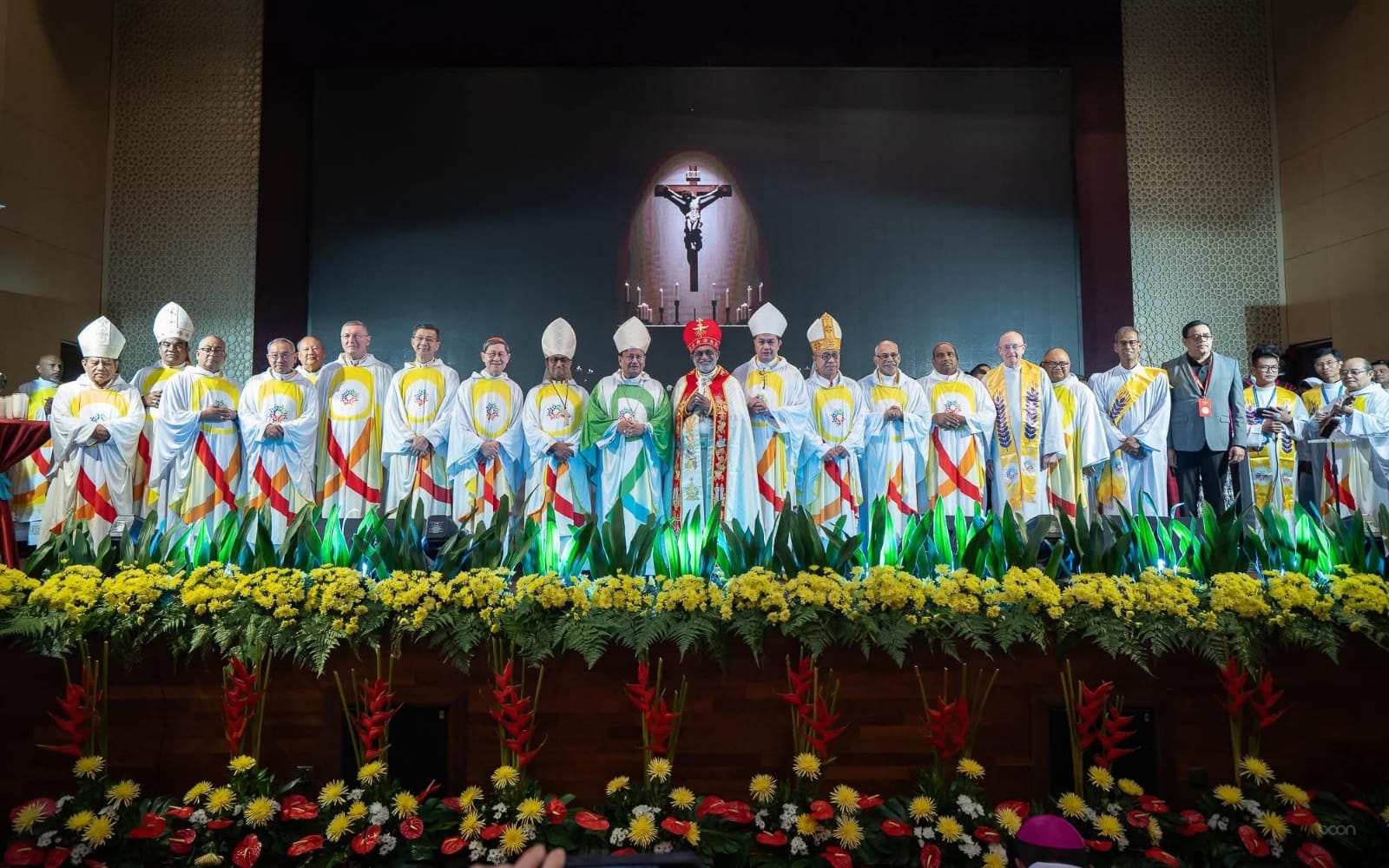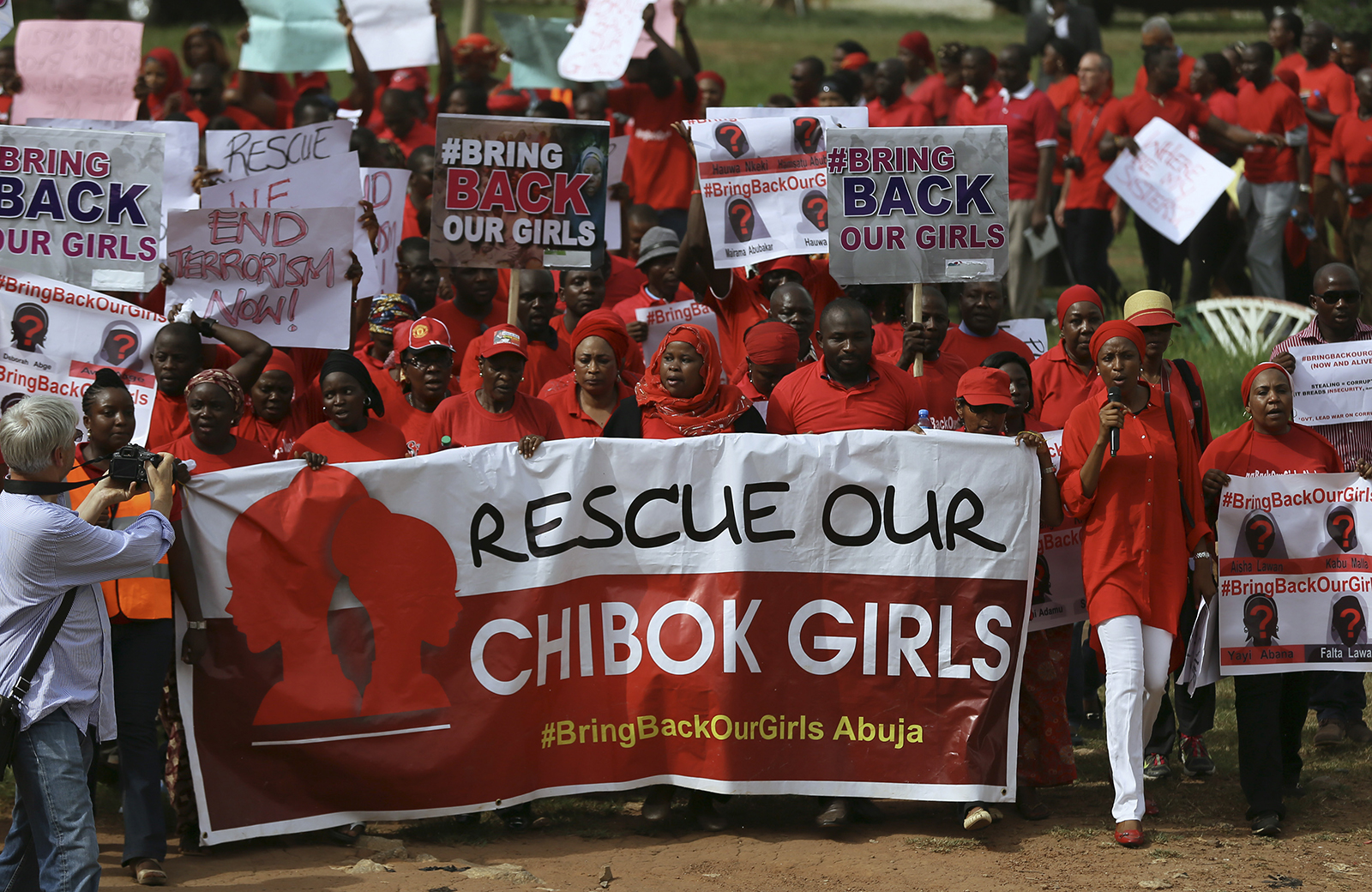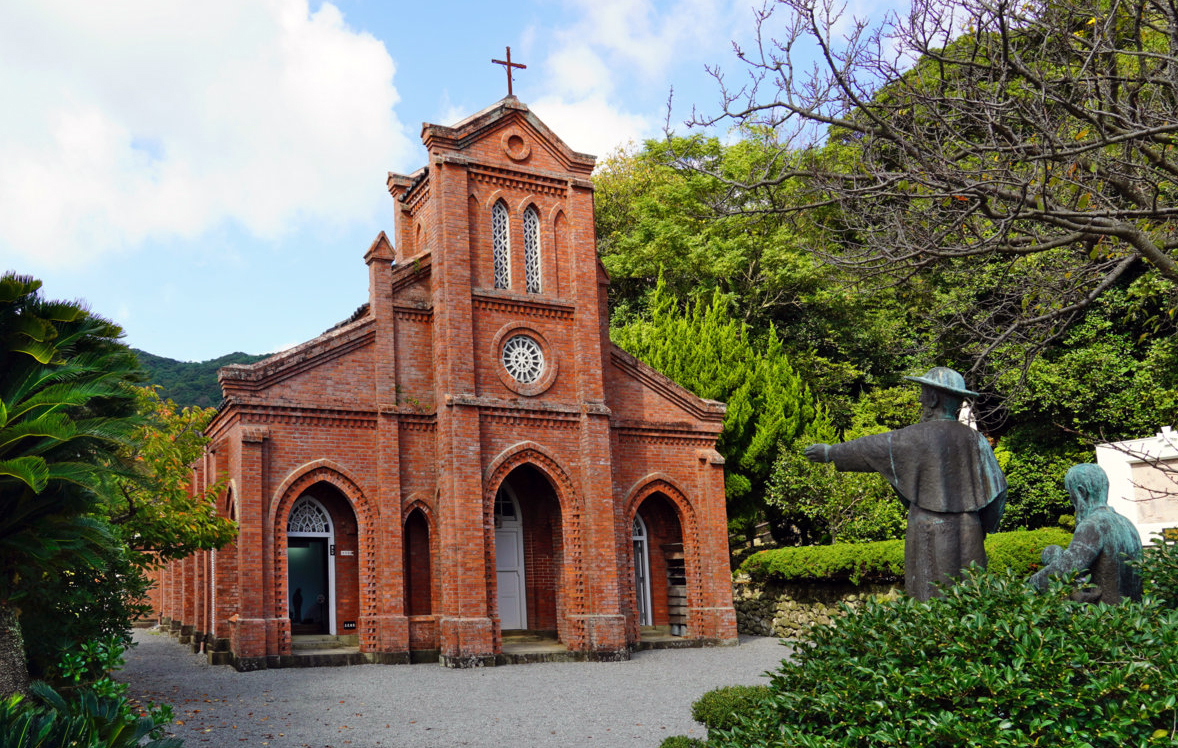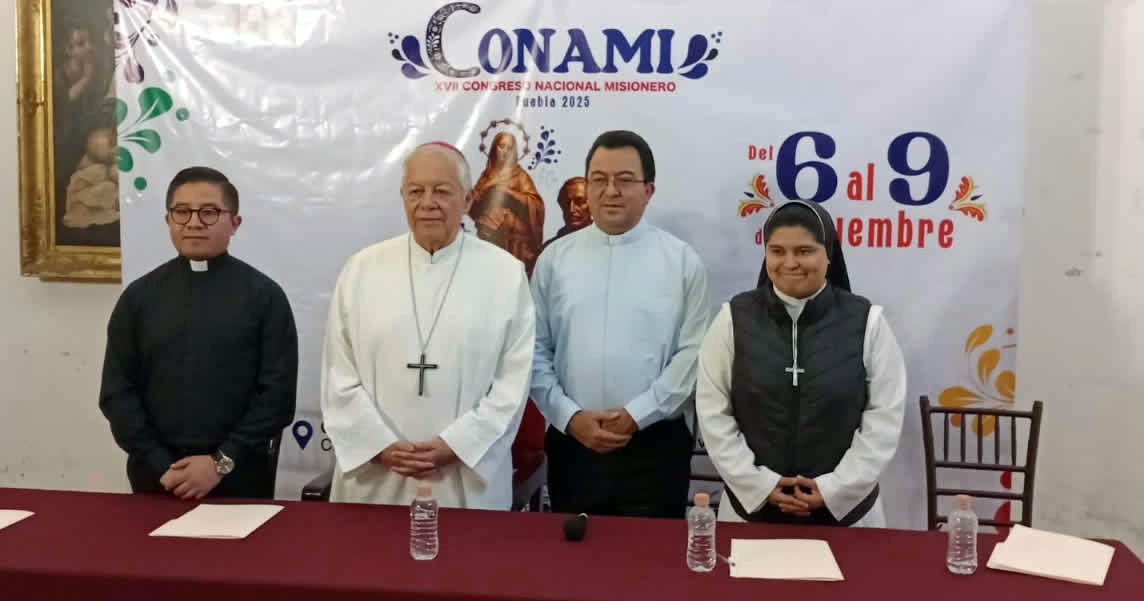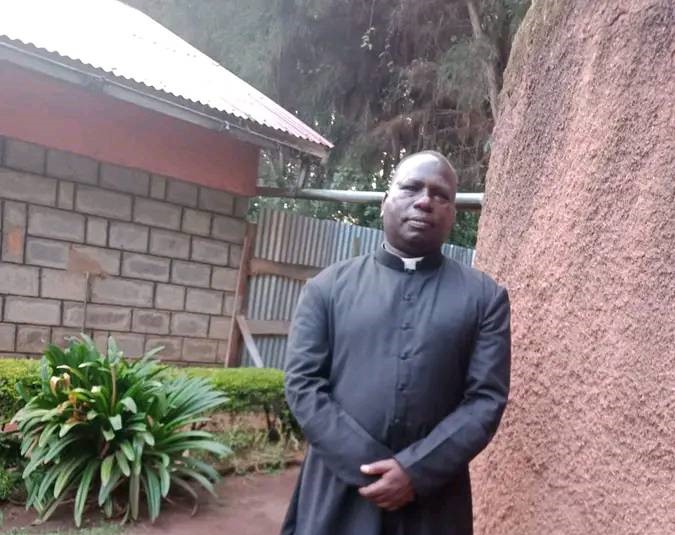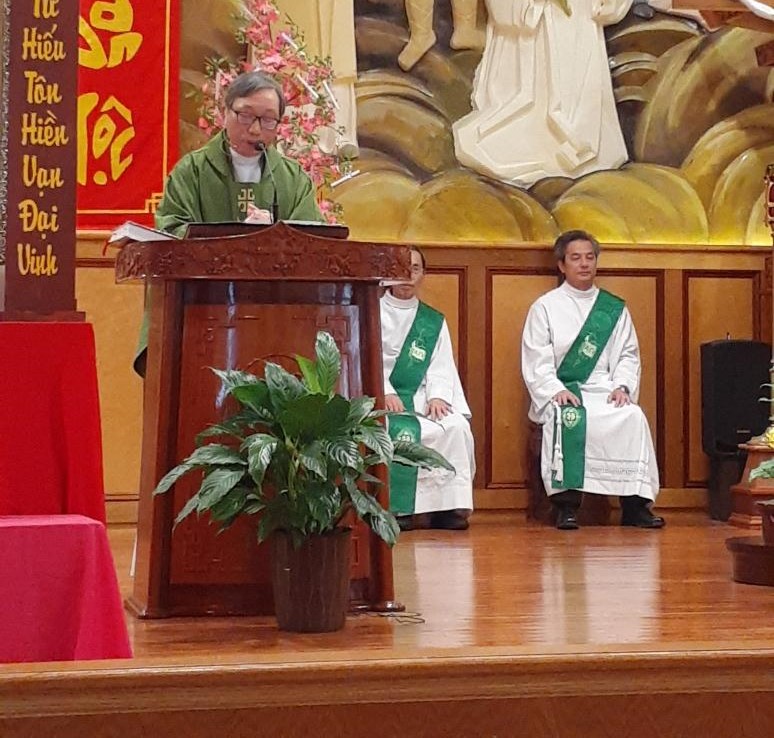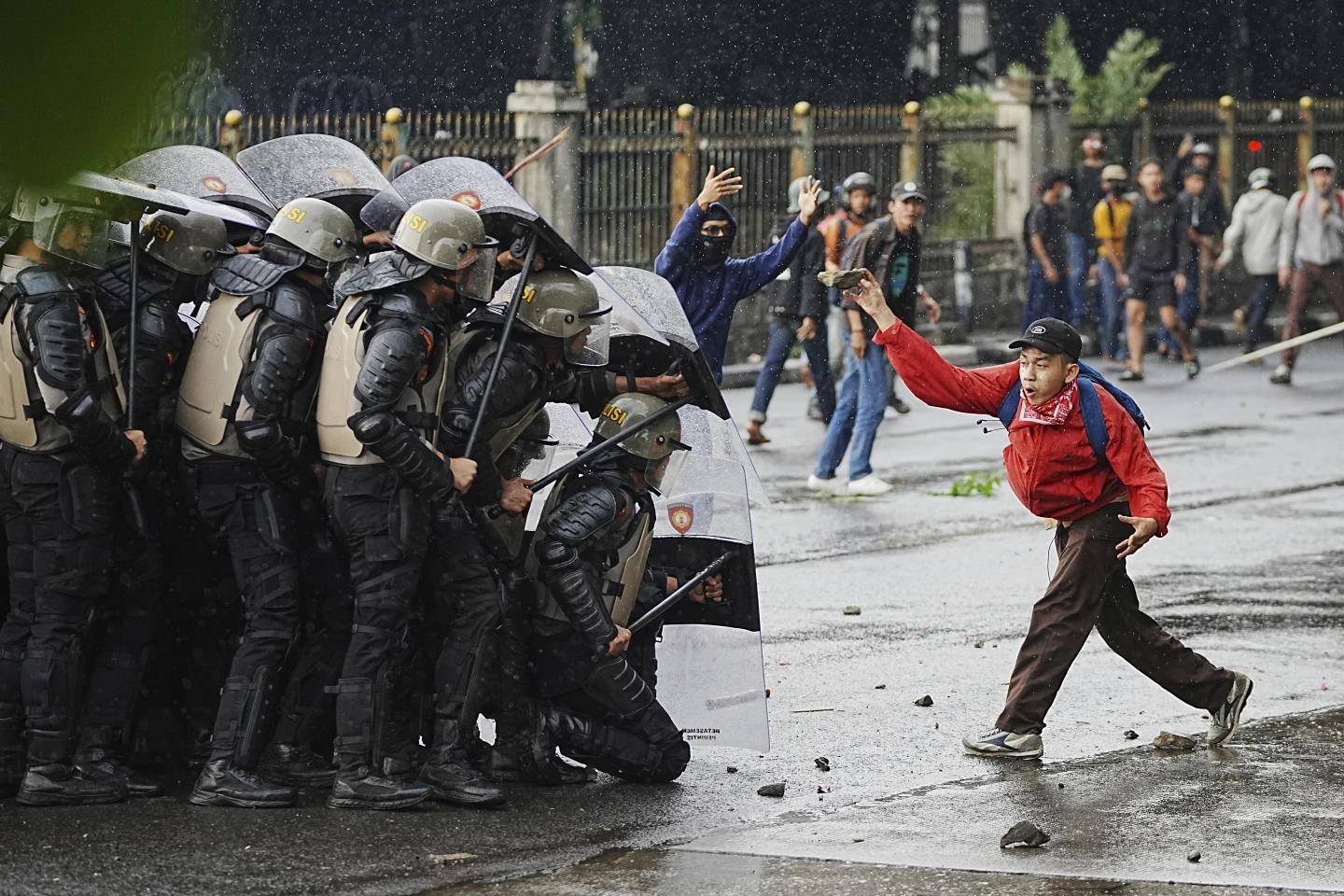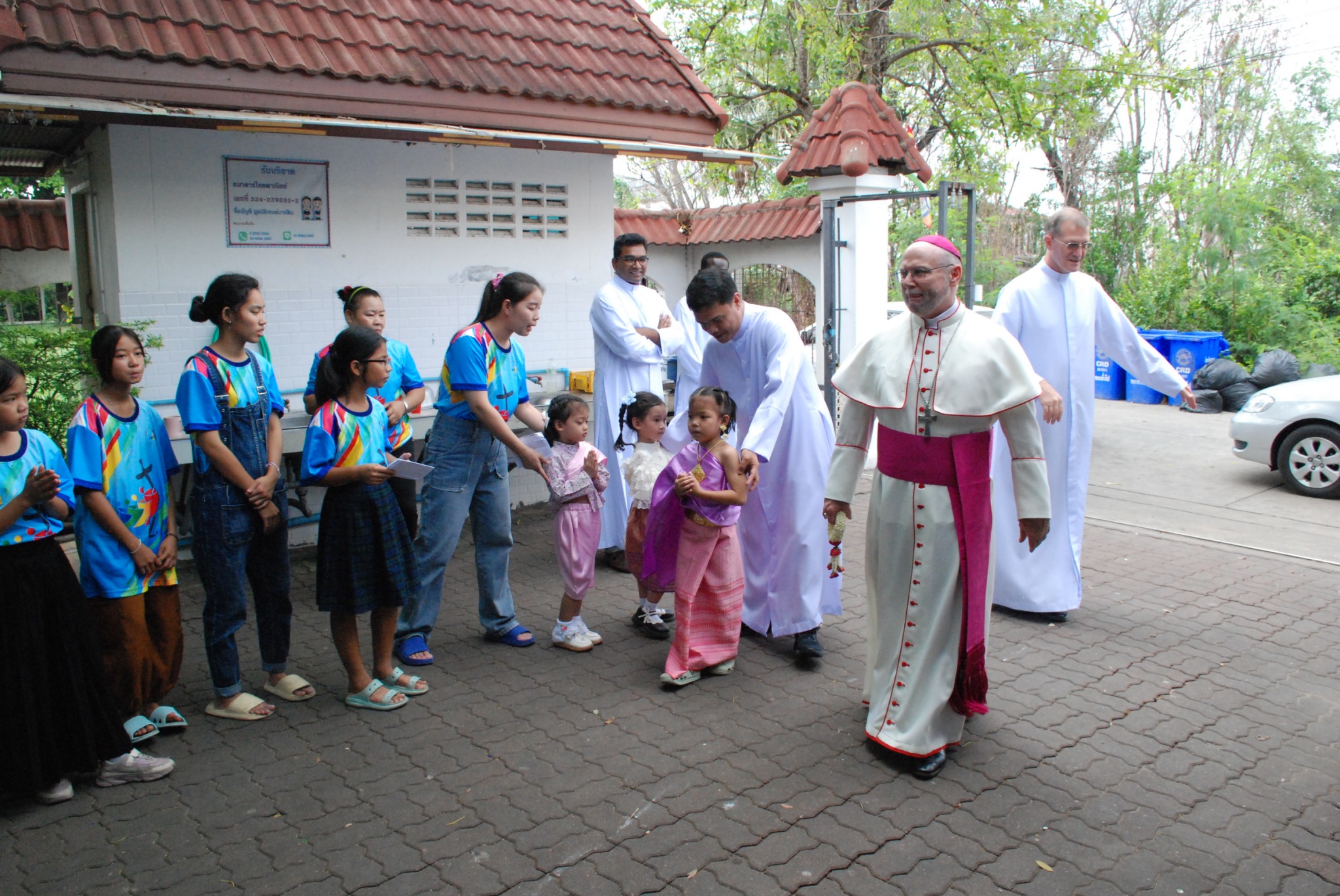The worst is over, but the emergency continues. Floods and landslides have swept away entire villages. Many people are homeless. Rescue teams are trying to reach the displaced: for some it is possible, for others not, because the areas remain isolated. This is the scenario still prevailing in northern Sumatra, Indonesia, after the passage of the devastating Cyclone Senyar. In the region, Tropical Cyclone Senyar brought torrential rains, floods and landslides, leaving countless dead and missing, 1.5 million people affected and more than 570,000 displaced.


 Follow
Follow
